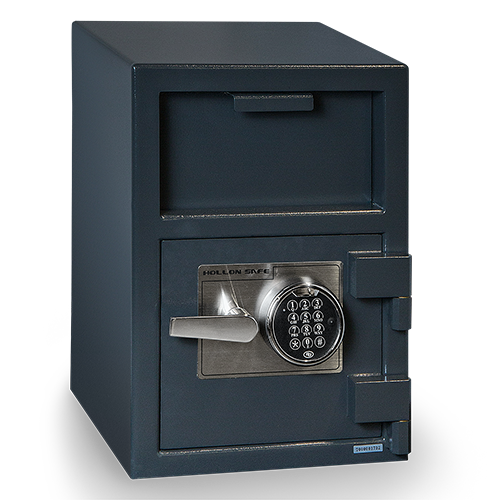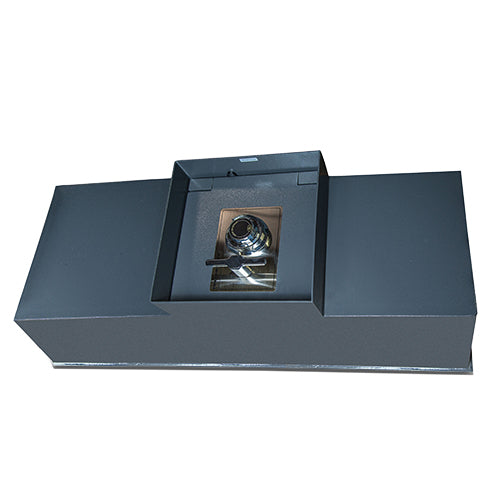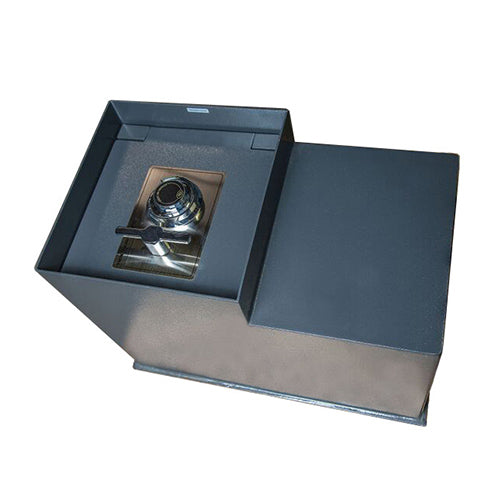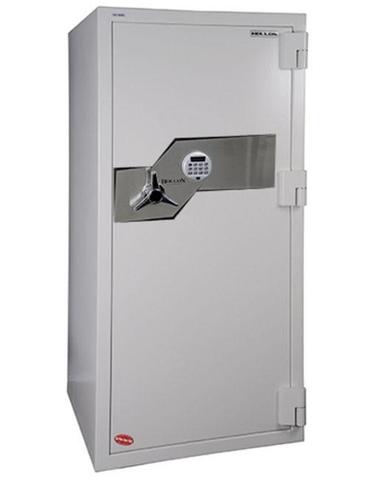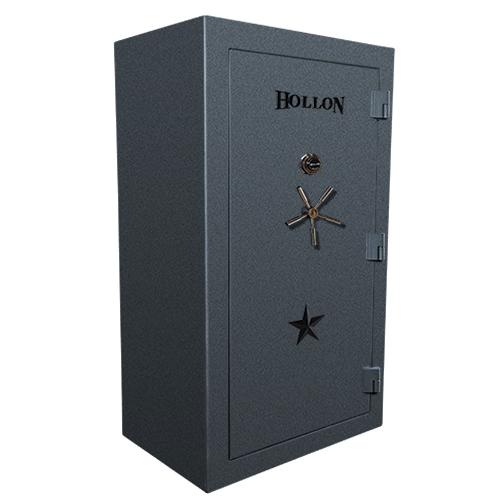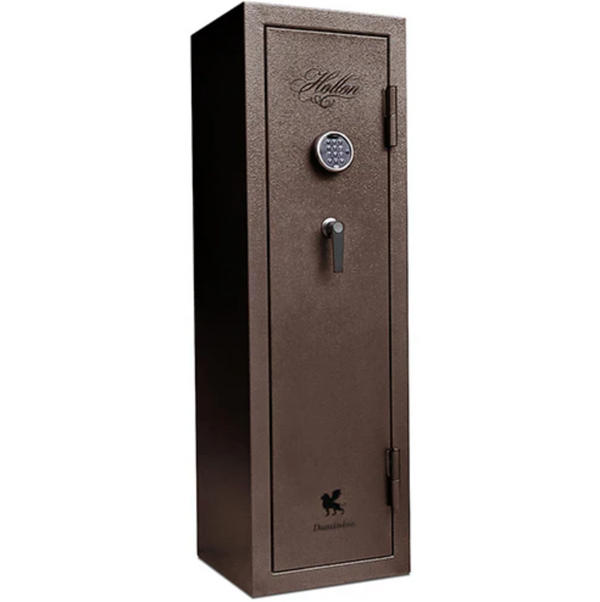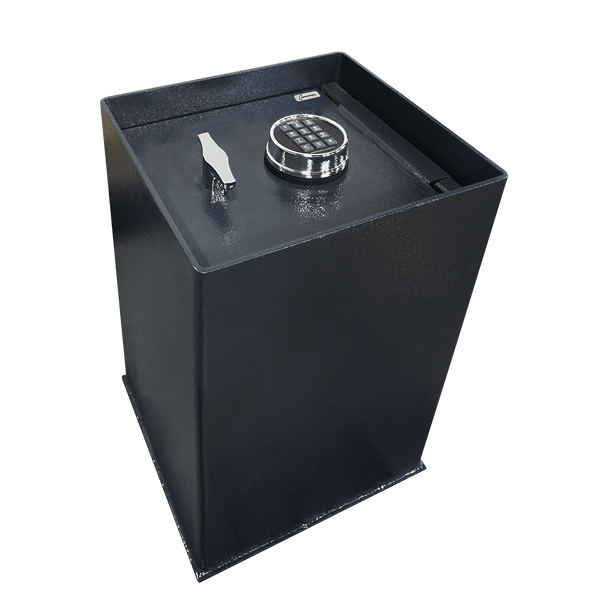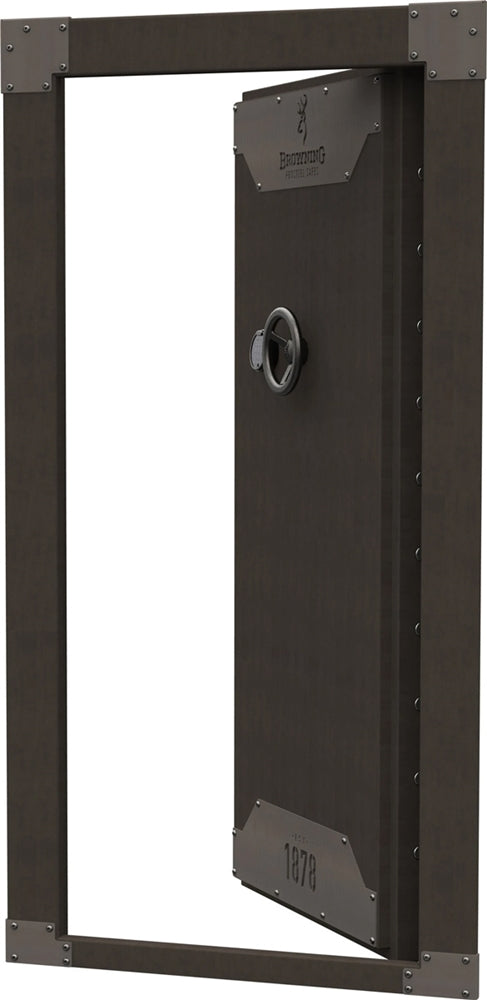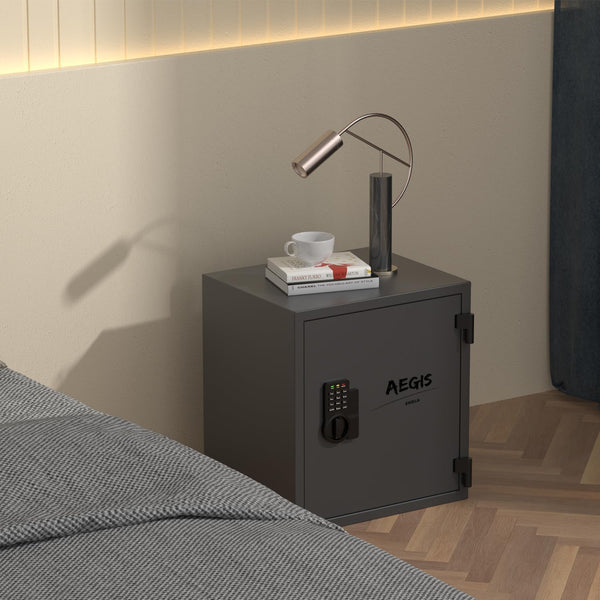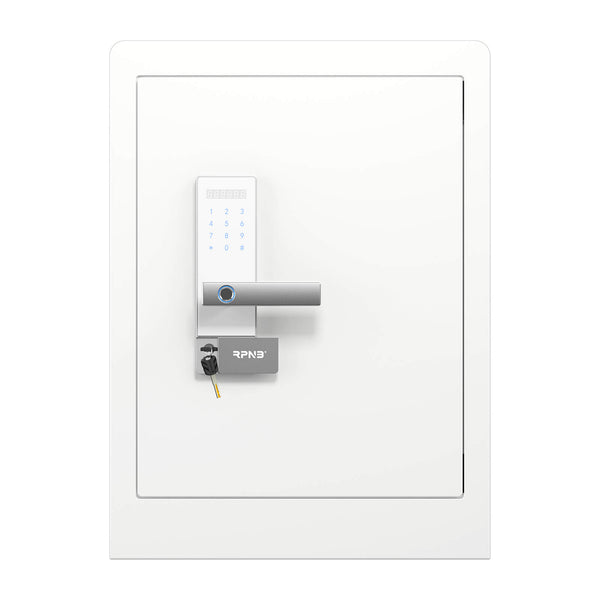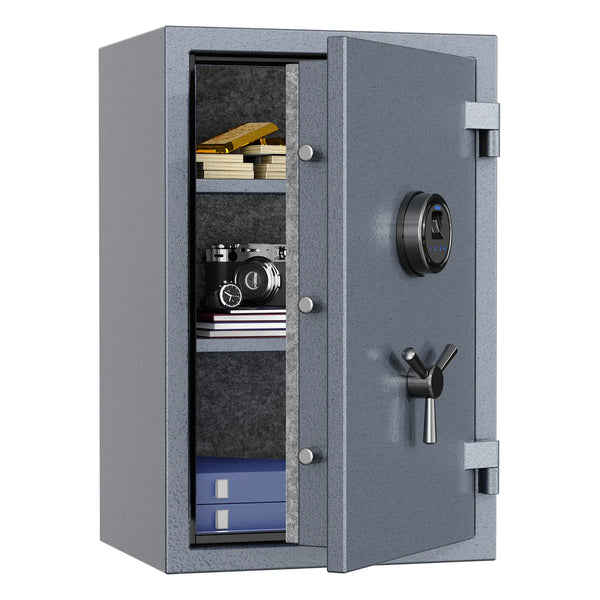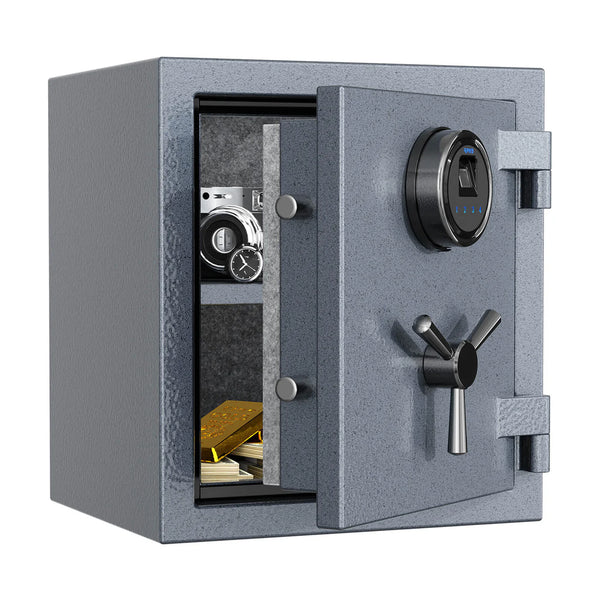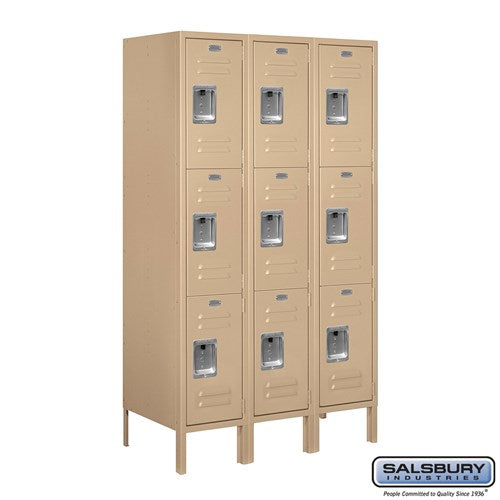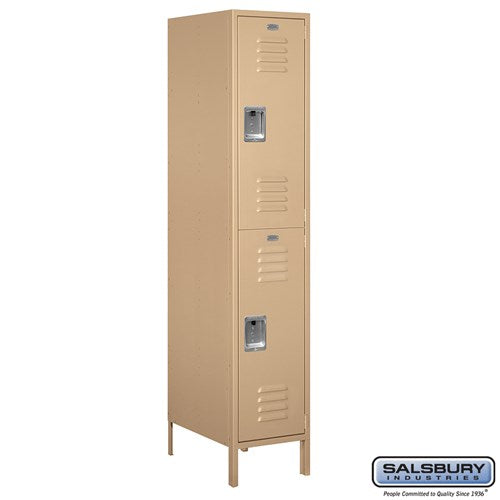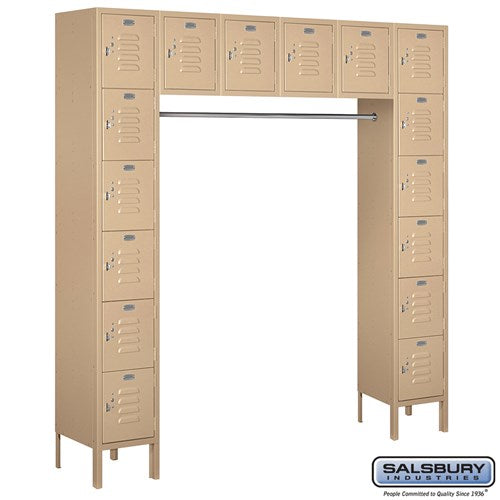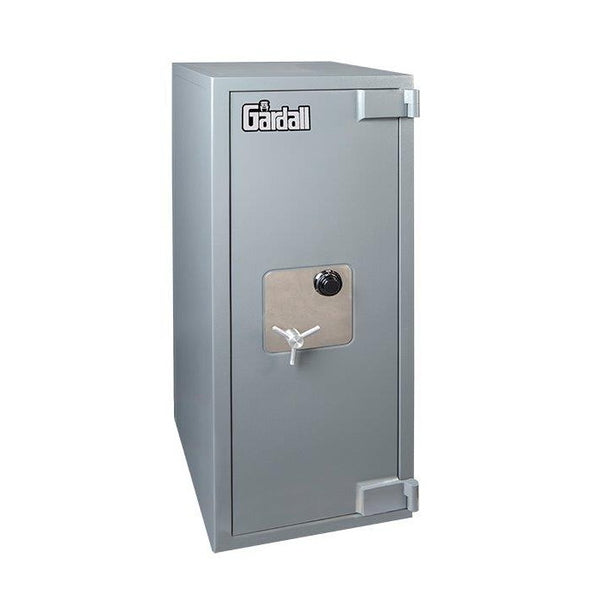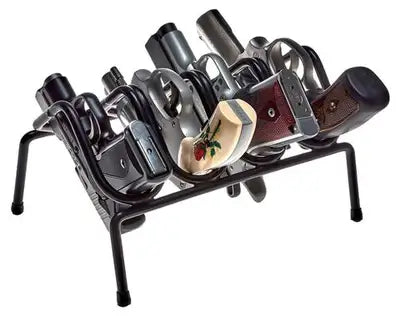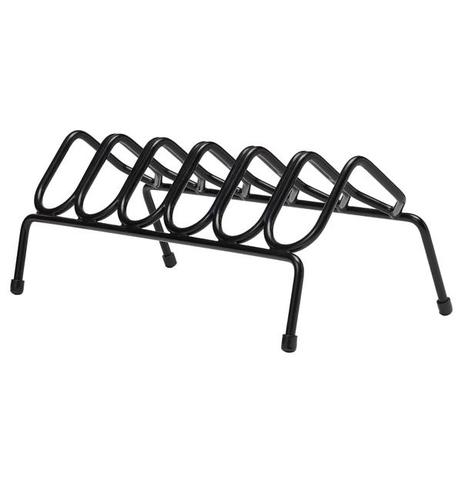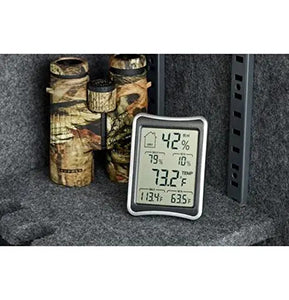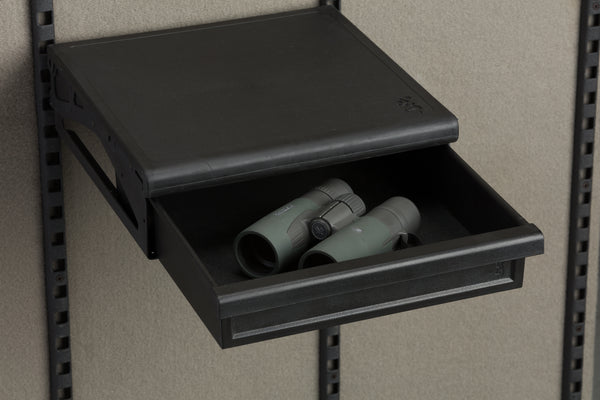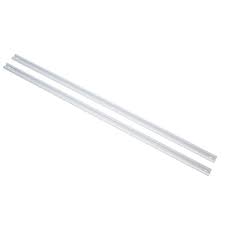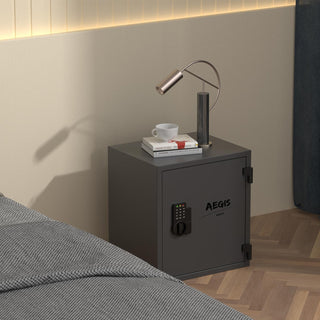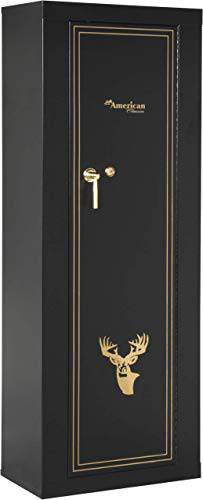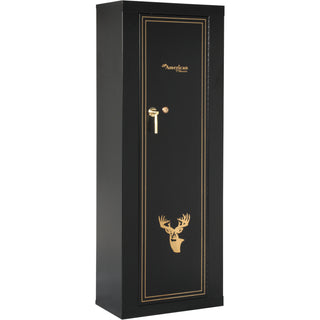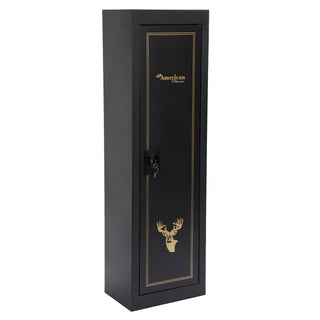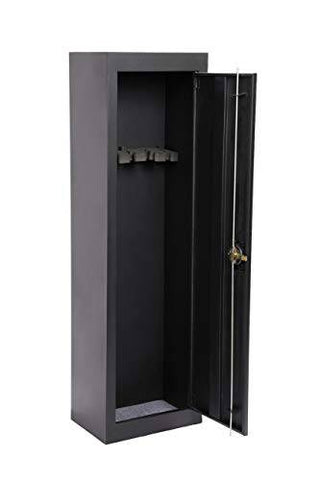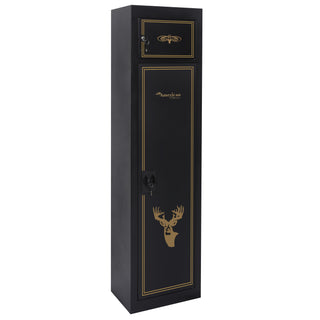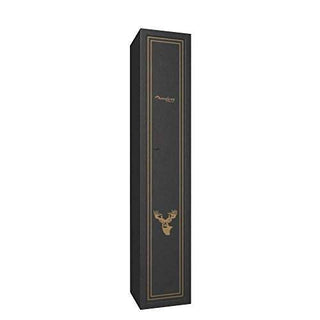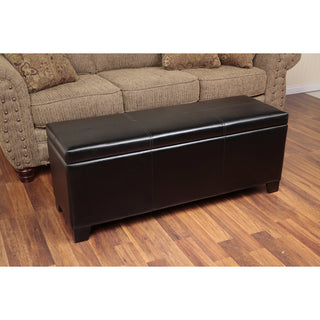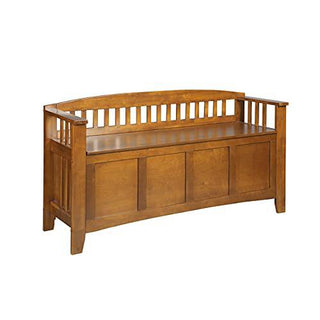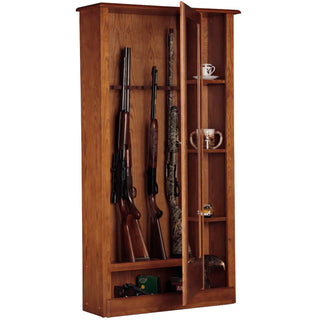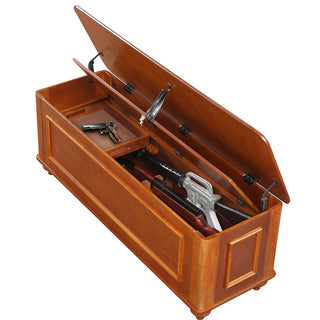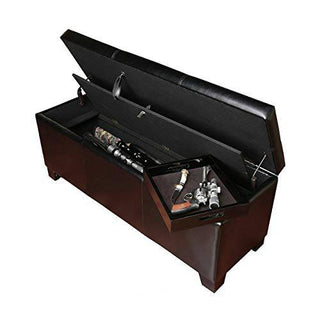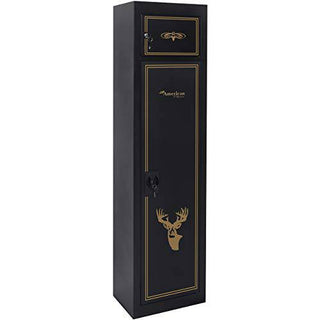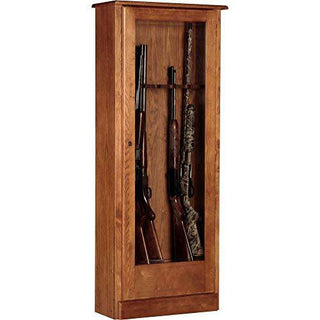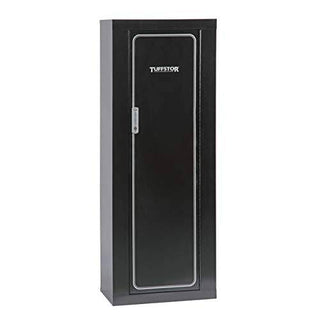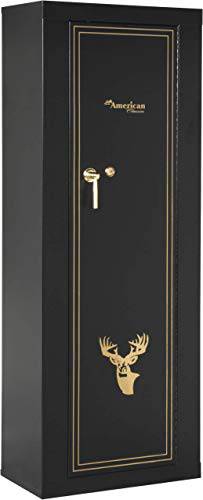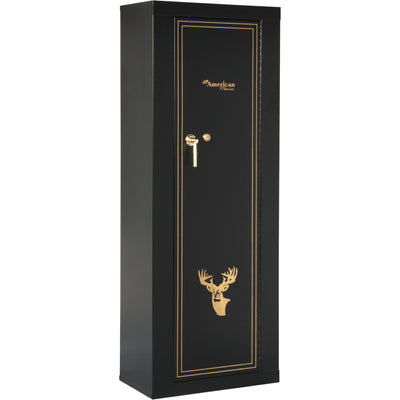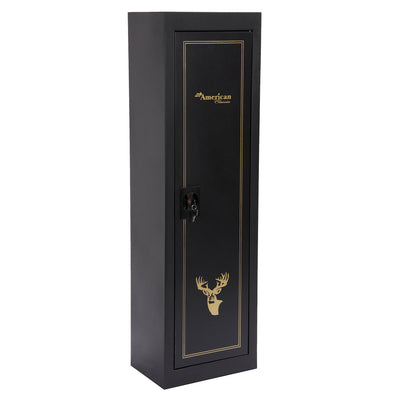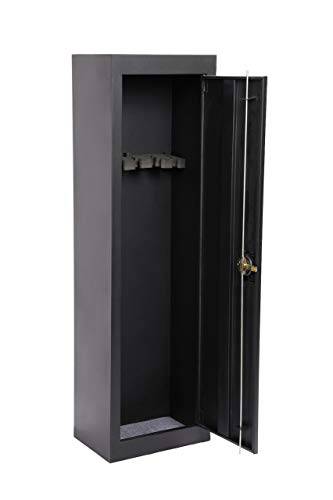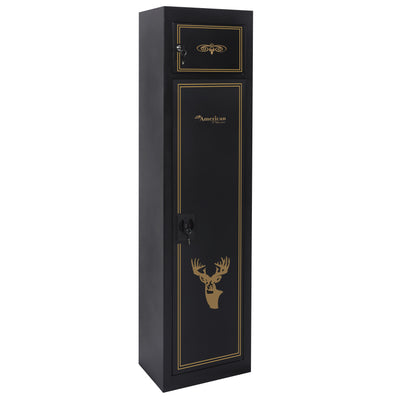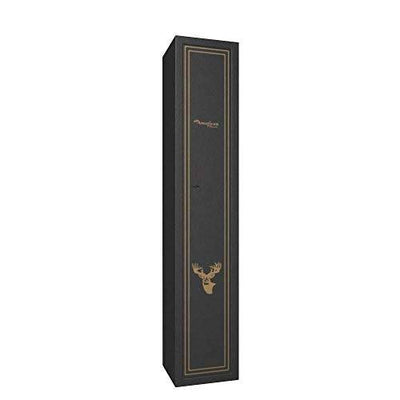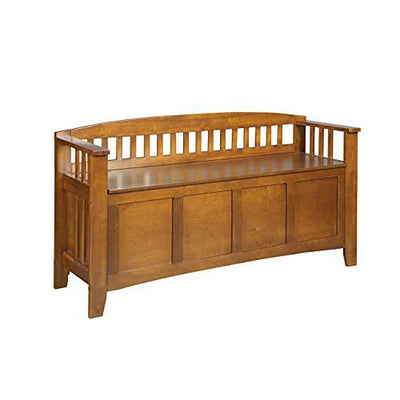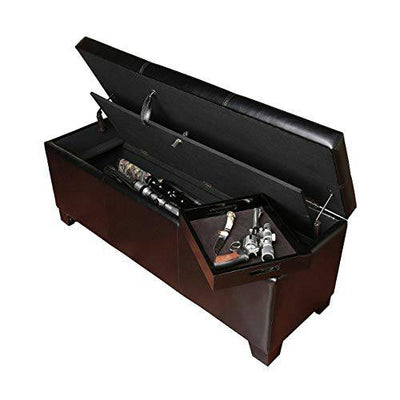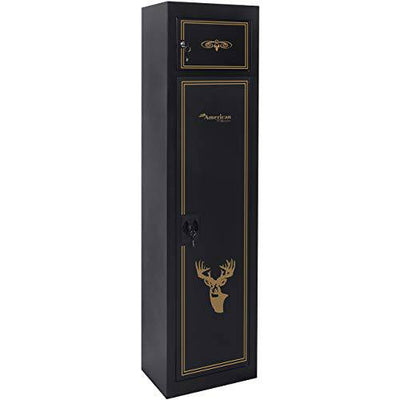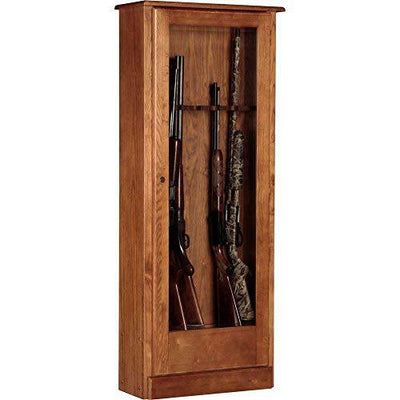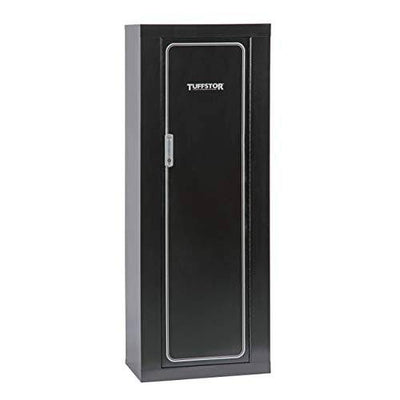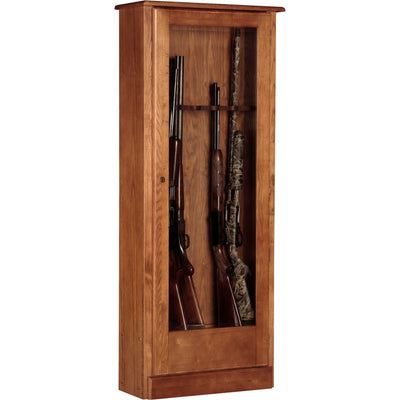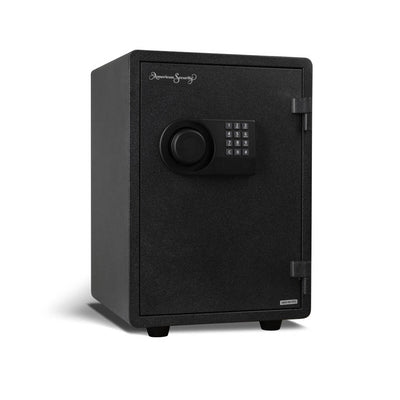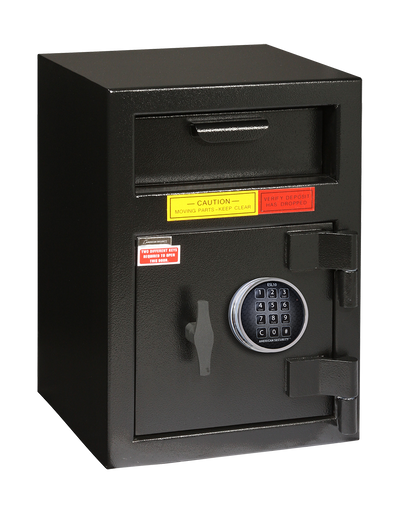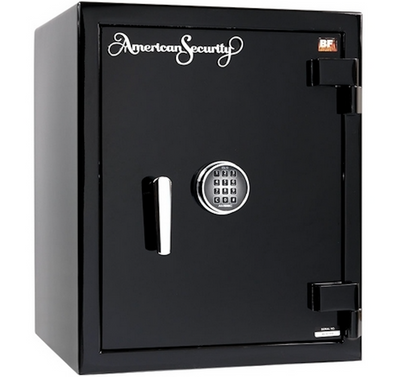Business Security Camera - 15 Questions Buyers Ask Before Purchasing

Before purchasing a business security camera system, you should assess what type best fits your needs, prioritize essential features, and understand video resolution options. Determine whether wired or wireless suits your setup, consider storage capacity requirements, and guarantee compliance with regulations. Think about integration with existing systems and evaluate warranty and customer support. Finally, review customer feedback for reliability insights. Knowing these factors will help you make an informed decision about the security camera system that’s right for you.
Table of Contents
- Key Takeaways
- What Type of Security Camera System Is Best Suited for My Business?
- What Features Should I Look for in a Security Camera?
- How Important Is Video Resolution and What Options Are Available?
- Should I Choose Wired or Wireless Cameras?
- What Is the Ideal Storage Capacity for My Security Footage?
- How Long Do I Need to Retain Recorded Video?
- What Are the Installation Options and Costs Associated With Them?
- How Do I Ensure My Security Camera System Is Scalable?
- What Kind of Remote Access Options Are Available?
- How Do I Assess the Security and Privacy Features of the System?
- What Are the Potential Long-Term Costs Associated With the System?
- Are There Any Compliance Requirements I Need to Consider?
- How Can I Integrate the Camera System With My Existing Security Measures?
- What Warranties and Customer Support Options Are Provided?
- What Do Other Customers Say About the Brand and Product Reliability?
- Frequently Asked Questions
Key Takeaways
-
Identify your security objectives to determine the type of camera system needed for deterrence, monitoring, or evidence collection.
-
Evaluate camera types, resolution options, and night vision capabilities to ensure adequate coverage and image clarity in various environments.
-
Consider storage solutions, whether cloud or local, and assess retention needs based on expected foot traffic and incidents.
-
Analyze installation methods and scalability options to accommodate future expansion or upgrades as technology advances.
-
Investigate warranty terms, customer support availability, and user reviews to gauge reliability and service quality of the security camera system.
What Type of Security Camera System Is Best Suited for My Business?
When it comes to choosing the right security camera system for your business, how do you determine what fits your specific needs? Start by considering the various camera types available—dome, bullet, and PTZ, each serving distinct purposes. Assess your facility's layout and identify areas requiring surveillance. Next, focus on system compatibility; guarantee your chosen cameras seamlessly integrate with existing security infrastructure. You don’t want to invest in a system that won’t align with your current setup. Analyze your security objectives: Are you looking for deterrence, monitoring, or evidence collection? By understanding these elements, you can confidently select a security camera system that enhances your business's safety and fosters a sense of belonging within your team.
What Features Should I Look for in a Security Camera?
When choosing a security camera, you need to prioritize resolution and image quality, as clear visuals are essential for identifying potential threats. Night vision capability guarantees your property is monitored effectively, even in low light conditions. Additionally, consider the storage options available to ensure you can retain footage for as long as necessary.
Resolution and Image Quality
How can you guarantee that your security camera delivers the clarity you need? Start by examining the resolution and image quality. A higher resolution means more detail, allowing you to identify faces and license plates easily. Look for cameras that use advanced image compression technology, which maintains quality while minimizing storage needs. Don't underestimate lens quality; a superior lens can dramatically enhance clarity, especially in challenging environments. Remember, even the most advanced camera won’t perform well with a poor lens. Ultimately, investing in high-resolution cameras with excellent lens quality and efficient image compression will provide the security and clarity your business deserves. It's not just about seeing; it's about understanding what you see.
Night Vision Capability
What features should you prioritize for effective night vision in a security camera? First, look for cameras that incorporate advanced infrared technology. This allows the camera to capture clear images even in complete darkness. Next, assess the low light performance; cameras with higher sensitivity can produce better images when light is scarce. Consider models with a minimum illumination rating, which indicates how much light is needed for peak performance. Additionally, check if the camera offers features like automatic IR cut filters, which enhance image quality by switching between day and night modes seamlessly. By focusing on these features, you’ll guarantee your security system remains vigilant, providing peace of mind day and night.
Storage Options Available
While ensuring your security camera has high-quality night vision is essential, the storage options available can greatly impact the effectiveness of your surveillance system. You'll typically choose between cloud storage and local storage. Cloud storage offers convenience and remote access, allowing you to view footage from anywhere and reducing the risk of data loss due to theft or damage. On the other hand, local storage can provide faster access to footage and might be more cost-effective in the long run. Think about your specific needs—how much storage space do you require, and how often will you need to retrieve footage? Balancing these options will help you create a robust security setup that meets your business's unique demands.
How Important Is Video Resolution and What Options Are Available?
When choosing a business security camera, video resolution plays a vital role in image clarity and overall effectiveness. Higher resolutions, like 1080p or 4K, can greatly enhance your ability to identify faces and details, making them essential for security purposes. Understanding the different resolution types available will help you make a more informed decision that meets your specific needs.
Resolution Types Explained
Understanding the significance of video resolution is essential for ensuring your business security cameras meet your specific needs. When you explore resolution types, you’ll find options like 720p, 1080p, and 4K. Each has distinct benefits that can impact your surveillance effectiveness. A resolution comparison reveals that higher resolutions provide clearer images, aiding in identifying faces and details critical for security. With enhanced clarity, you gain peace of mind, knowing you’re safeguarding your business effectively. Consider your environment and the level of detail you require; lower resolutions might suffice for basic monitoring, while high-resolution cameras can capture intricate details in larger areas. Ultimately, selecting the right resolution aligns your security needs with your commitment to protection and vigilance.
Impact on Image Clarity
Video resolution plays a pivotal role in determining image clarity, which directly impacts the effectiveness of your security system. When you consider options like 1080p, 4K, or even higher resolutions, you're also factoring in clarity factors that can make or break your surveillance capabilities. Higher resolutions provide better image enhancement, allowing you to identify faces or license plates with ease. If you settle for lower resolutions, you might miss vital details, compromising your safety and security. It’s essential to choose a camera that aligns with your needs, ensuring you capture clear, actionable footage. By prioritizing video resolution, you’ll foster a sense of security that not only protects your assets but also cultivates trust within your community.
Should I Choose Wired or Wireless Cameras?
How do you decide between wired and wireless security cameras for your business? Consider the benefits each option brings. Wired cameras offer stability and reliability, ensuring consistent video quality without interference. They’re perfect for locations where you don’t want to worry about battery life or signal issues. On the other hand, wireless cameras provide flexibility, allowing you to install them in hard-to-reach areas without extensive cabling. They’re ideal for businesses that may require frequent reconfiguration or expansion. Ultimately, your choice depends on your specific needs: if you prioritize security and reliability, go for wired; if you value adaptability and ease of installation, wireless might be your best bet. Assess your situation and choose what aligns with your business goals.
What Is the Ideal Storage Capacity for My Security Footage?
When considering the ideal storage capacity for your security footage, you need to assess how long you want to keep recordings and the quality of the video. Higher quality footage requires more storage, and you’ll also need to decide between cloud and local storage solutions. Evaluating these factors will help you determine the right amount of storage to meet your security needs effectively.
Storage Duration Requirements
While determining the ideal storage capacity for your security footage depends on various factors, understanding your specific needs is essential for effective surveillance. You'll want to assess your storage retention requirements based on how long you need to keep footage for review or compliance. Consider factors like foot traffic, incident frequency, and the pivotal nature of the areas being monitored. This will guide your data management strategy, ensuring you capture essential events without overwhelming your storage capabilities. A balance between quality and duration is vital; too little storage can leave gaps in your security, while excessive retention can lead to unnecessary costs. Tailoring your storage needs fosters a sense of safety and community, helping you protect what matters most.
Video Quality Impact
Understanding the impact of video quality on storage capacity is important, as higher resolution footage requires considerably more space. When you choose a higher video resolution, like 4K, you’re investing in clearer images that enhance image stability, but this also means you’ll need substantially more storage. For instance, a single camera recording in 4K can consume up to 1TB of space for just a few days of footage. As a result, it’s essential to assess how long you’ll need to retain recordings and the level of detail necessary for your security needs. Balancing video quality with storage capacity is critical; it guarantees you capture important events while avoiding unnecessary costs. Prioritize your security needs to determine the ideal storage solution.
Cloud Vs Local Storage
Choosing the right storage solution for your security footage hinges on understanding the differences between cloud and local storage options. Cloud benefits include easy access from anywhere and automatic backups, which can provide peace of mind. On the other hand, local advantages offer complete control over your data and often lower long-term costs.
| Storage Type | Benefits |
|---|---|
| Cloud | Remote access, scalability, backups |
| Local | Control, privacy, potential cost savings |
| Cloud | Minimal maintenance, off-site safety |
| Local | Instant access, no internet needed |
| Cloud | Easy sharing and collaboration |
Ultimately, your choice should reflect your unique needs and comfort level, ensuring your security footage is safe and accessible.
How Long Do I Need to Retain Recorded Video?
How long should you really keep your recorded video? The answer often hinges on your video retention policies and compliance regulations. Generally, businesses should retain footage for at least 30 to 90 days, as this timeframe balances security needs with storage capacity. However, if your industry mandates longer retention, you’ll need to adapt accordingly. Keeping video evidence too long can lead to unnecessary storage costs, while deleting it too soon can jeopardize your safety and compliance. Regularly assess your policies to verify they align with current regulations and your unique security requirements. Engaging in this practice not only protects your business but also fosters a sense of belonging within your community, reassuring everyone that safety is a top priority.
What Are the Installation Options and Costs Associated With Them?
When it comes to installing business security cameras, you’ve got a couple of solid options: DIY or hiring professionals. Each choice comes with its own set of costs and considerations, from equipment expenses to the potential need for technical expertise. Understanding these factors can help you make an informed decision that best fits your budget and security needs.
DIY Installation Considerations
While many business owners may feel overwhelmed by the thought of installing security cameras themselves, understanding the various installation options can simplify the process and help you make an informed decision. DIY installation can be a cost-effective choice, especially if you have the right DIY tools and follow the installation guidelines provided by the manufacturer.
Here’s a quick comparison of common DIY installation methods:
| Installation Method | Estimated Cost |
|---|---|
| Wired | $150 - $300 |
| Wireless | $100 - $250 |
| PoE (Power over Ethernet) | $200 - $400 |
| Solar-powered | $150 - $350 |
| Battery-operated | $80 - $200 |
Professional Installation Services
Choosing professional installation services for your business security cameras can save you time and guarantee a higher level of expertise, particularly when dealing with complex setups or specific security needs. You'll find various installation options, from full-service packages that handle everything, including wiring and configuration, to more basic setups where you might just need help with placement. Installation costs can vary greatly based on the complexity of your system and the number of cameras. Investing in professional help not only guarantees the job's done right but can also enhance the overall effectiveness of your security measures. By opting for professional installation, you’re making a choice that reflects your commitment to safety and professionalism in your business environment.
Cost of Equipment
Understanding the cost of equipment is essential when planning your business security camera installation. You'll want to evaluate various installation options and their associated costs to align with your budget considerations. Here are key factors that can impact your expenses:
-
Type of Cameras: Different models come at varying price points.
-
Professional vs. DIY: Hiring professionals increases installation costs but may offer better results.
-
Wiring Needs: Additional wiring can add to your overall costs.
-
Location Complexity: Hard-to-reach areas might require more labor and equipment.
-
Ongoing Maintenance: Factor in these costs for long-term budgeting.
How Do I Ensure My Security Camera System Is Scalable?
How can you guarantee your security camera system grows with your business? To promote scalability, start by selecting a system that offers various scalability options, allowing you to add cameras and features as needed. Look for solutions that support future upgrades, including software enhancements and hardware expansions. This flexibility is vital as your security needs evolve. Additionally, consider cloud-based systems that can easily integrate new devices without requiring extensive rewiring or infrastructure changes. By investing in technology that adapts to your growth, you foster a sense of security and community within your business. A scalable system not only protects your assets today but also prepares you for tomorrow's challenges, making sure you’re never left behind.
What Kind of Remote Access Options Are Available?
As your security camera system scales to meet the needs of your growing business, remote access becomes an essential feature for maintaining oversight and control. Understanding the available remote monitoring options can help you stay connected to your business, no matter where you are. Here are some key features to take into account:
-
Mobile access capabilities through dedicated apps
-
Web-based access for desktop and laptop usage
-
Multiple user permissions to manage who can view feeds
-
Real-time alerts for immediate notifications on suspicious activity
-
Cloud storage options for easy video retrieval
With these features, you can guarantee you're always in touch with your security system, fostering a sense of control and belonging.
How Do I Assess the Security and Privacy Features of the System?
When evaluating the security and privacy features of a business security camera system, what specific aspects should you prioritize? First, examine the security protocols in place. Look for end-to-end encryption and secure data storage to guarantee your footage isn't vulnerable to unauthorized access. Next, consider how the system complies with privacy regulations. This is crucial for protecting both your business and your clients' rights. Verify the system allows you to manage who has access to the recordings and offers features like masking to protect sensitive areas. Finally, read reviews and seek recommendations from other users. By understanding these elements, you’ll feel confident that you’re making a choice that safeguards your business while respecting privacy concerns.
What Are the Potential Long-Term Costs Associated With the System?
While you might initially focus on the upfront costs of purchasing a business security camera system, it’s essential to contemplate the potential long-term expenses that could impact your budget. Understanding these costs can help you make an informed decision that benefits your business in the long run. Consider the following factors:
It's crucial to assess long-term costs of a security camera system to ensure your investment pays off over time.
-
Long term maintenance: Regular upkeep is critical for peak performance.
-
Replacement costs: Cameras may need to be replaced due to wear and tear.
-
Upgrades: Technology evolves, and you might need to invest in newer models.
-
Storage fees: Cloud storage for video footage often incurs monthly or annual fees.
-
Insurance premiums: Enhanced security can affect your policy costs.
Evaluating these factors will guarantee you’re prepared for the future.
Are There Any Compliance Requirements I Need to Consider?
Understanding the long-term costs associated with a business security camera system naturally leads to another important consideration: compliance requirements. Before making a purchase, you must familiarize yourself with compliance regulations that could affect your decision. Depending on your industry and location, there may be specific laws governing video surveillance, data privacy, and employee monitoring. Ignoring these legal implications can lead to hefty fines or lawsuits, which can undermine your initial investment. By ensuring your system complies with all relevant regulations, you not only protect your business but also foster a culture of trust among employees and clients. Embracing compliance shows you care about their privacy and security, making your business a more appealing place to work and shop.
How Can I Integrate the Camera System With My Existing Security Measures?
How can you effectively integrate a new camera system into your existing security measures? Understanding your integration options is vital for a seamless fit. Begin by evaluating how your new cameras will work with your existing systems. Consider these key factors:
-
Compatibility with your current alarm systems
-
Network infrastructure and bandwidth requirements
-
Software that allows centralized monitoring
-
Mobile access features for real-time alerts
-
Cloud storage options for easy data retrieval
What Warranties and Customer Support Options Are Provided?
What kind of warranties and customer support should you expect when investing in a business security camera system? Understanding warranty details and support options can greatly affect your purchase decision and peace of mind.
| Warranty Details | Support Options |
|---|---|
| 1-3 year limited warranty | 24/7 customer support |
| Coverage for parts | Online troubleshooting |
| Replacement options | Phone and email support |
| Extended warranties available | On-site assistance |
| Money-back guarantee | User manuals and FAQs |
Choosing a provider with robust warranties and thorough support options guarantees your investment is protected. You deserve reliable assistance when needed, so don’t hesitate to ask about these important aspects before making your final decision.
What Do Other Customers Say About the Brand and Product Reliability?
Customer feedback plays an essential role in evaluating the reliability of business security cameras. By examining customer reviews, you can gain insights into a brand's reputation and the performance of its products. Here are some key points to take into account:
Customer reviews are vital for assessing business security cameras, revealing insights about performance and brand reputation.
-
Durability: Do customers report long-lasting performance?
-
Ease of installation: Are users satisfied with the setup process?
-
Customer service: How does the brand handle issues and inquiries?
-
Image quality: Are customers happy with the camera's video clarity?
-
Value for money: Do buyers feel the product is worth the investment?
Understanding these aspects helps you make an informed decision. When you align with a brand that has a solid reputation backed by positive customer feedback, you’re more likely to feel confident in your purchase.
Frequently Asked Questions
How Do I Choose the Right Location for Camera Placement?
To choose the right location for camera placement, consider strategic positioning and camera angles. Identify key areas needing surveillance, ensuring coverage of entrances and blind spots. This approach secures your space effectively, making everyone feel safer.
What Type of Maintenance Do Security Cameras Require?
When it comes to maintaining security cameras, you can’t afford to cut corners. Regular camera cleaning and lens protection are essential to guarantee peak performance, so keep that equipment in top shape for peace of mind.
Can I Use My Existing Network for Camera Connectivity?
You can use your existing network for camera connectivity, but verify it has sufficient bandwidth. Evaluate your connectivity options carefully, as inadequate bandwidth may lead to performance issues and affect overall security effectiveness.
What Are the Power Requirements for Security Cameras?
When considering security cameras, you’ll need to evaluate power sources and wiring options. Make certain your setup meets the camera's requirements, whether using PoE, batteries, or standard outlets, to assure peak performance and reliability.
How Do Environmental Factors Affect Camera Performance?
Environmental factors shape camera performance; lighting conditions can enhance or obscure visibility, while weather impacts durability and image clarity. Consider these elements to guarantee your security cameras deliver reliable surveillance in any setting.









